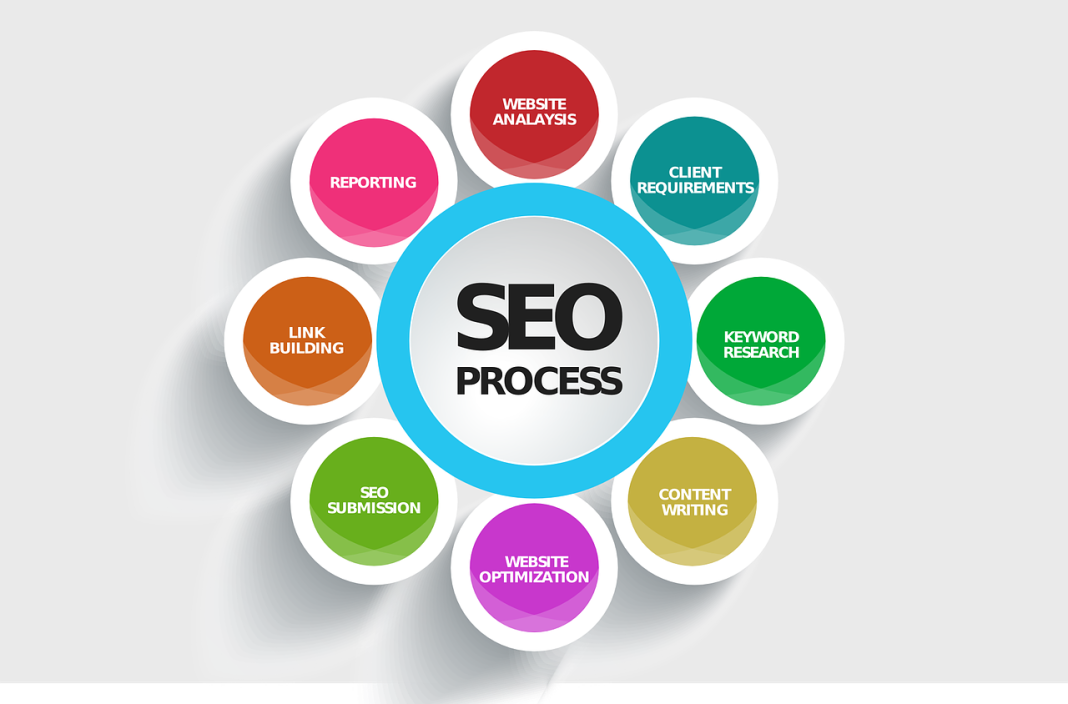Most likely, the first thing that comes to mind when thinking about SEO are keywords, content, and backlinks. You could be knowledgeable about technical aspects like site structure and mobile friendliness as well. However, SEO is impacted beyond that. Web hosting impacts your SEO ranking.
Many firms don’t consider hosting as part of their SEO strategy, despite the fact that it can have a significant impact on your SEO results. That’s a mistake because selecting the ideal hosting provider can raise your website’s search engine rankings, lower bounce rates, and increase conversions.
This post explains the relationship between hosting and SEO and how to pick the best host for your website.
How Does Web Hosting Affect SEO?
1. Website Speed
A key aspect of SEO is how quickly your website loads. Websites that take a long time to load typically have greater bounce rates and poorer search engine results. Because it has an impact on server response times, bandwidth, and overall server performance, web hosting is important for website speed. Your website’s speed can be increased, resulting in higher SEO performance, by selecting a reputable web hosting provider with quick servers and optimised infrastructure.
2. Uptime and accessibility
Websites that are regularly accessible and available to users are given preference by search engines. Your SEO efforts may suffer if your website frequently encounters server issues or unavailability as a result of subpar web hosting. Such problems might be interpreted as negative user experiences by search engines, which would affect search rankings. In order to guarantee that both search engine bots and website visitors can access your website, dependable web hosting with high uptime guarantees and appropriate server maintenance are essential.
3. Server Location and Geo-Targeting
The SEO of your website may be impacted by the location of your web hosting server, particularly if you are targeting particular regions. For local queries, search engines take into account the server’s location as a relevancy indication. Hosting your website on a server in your target audience’s country or region, for instance, can increase the likelihood that your website will rank higher for local search queries.
4. Security and SSL certificates
SEO must consider website security as a key component. Secure websites are prioritised by search engines, and SSL certificates are taken into account when ranking pages. Strong security measures from web hosting companies, such as firewalls, malware scanning, and SSL certificate support, can aid in defending your website from security risks. In addition to helping your SEO, a safe website inspires visitors’ trust.
5. IP Reputation
The SEO of your website may be impacted by the IP address of your web hosting server. Search engines may link your website to websites that engage in malicious activity if your server has a shared IP address with those websites, which could have a negative effect on how well you rank in searches. Your website’s SEO can be protected by selecting a trustworthy web hosting company that upholds a clean IP reputation.
How To Choose The Best Web Hosting For SEO Optimisation?
1. Server Performance And Speed
Choose a web hosting company that provides quick and dependable servers. Solid-state discs (SSDs) are a good sign of a provider because they speed up website loading. To ensure that your website will be available and run well, check the web host’s server response times and uptime guarantees.
2. Server Location
Consider putting your website on a server situated in the region you are trying to reach if you are targeting it specifically. This might speed up the loading of your website and raise its local search engine positioning.
3. Scalability and Resources
Make sure the hosting company has the resources to meet the demands of your website. As your website expands, see if they provide scalable hosting plans that can accommodate rising resource and traffic demands. Consider features like a lot of storage space, a lot of bandwidth, and an easy way to increase your plan.
4. Security Measures
Both SEO and safeguarding the information of your visitors depend on website security. Pick a web hosting company that provides strong security safeguards like firewalls, virus scanning, regular backups, and support for SSL certificates. Take into account service providers who place a high priority on security and have a solid record of protecting websites.
5. IP Reputation
Make sure the web host keeps a clean IP reputation and takes precautions to avoid exchanging IP addresses with harmful websites. The SEO of your website can be safeguarded by a clean IP reputation by avoiding affiliation with harmful internet activity.
6. Customer Support
Choose a hosting company that provides dependable and quick customer service. It might be really helpful to have a knowledgeable support staff on call around the clock in case of any technological problems or concerns. Review customer comments or reviews regarding the quality of their help and look for support options like live chat, email, and phone support.
7. SEO-Specific Features
Some web hosting companies provide SEO-focused tools or integrations, which can be helpful. These could include caching options that are SEO-friendly, server-level redirects, or canonical URL support, as well as simple connection with content delivery networks (CDNs). Although not required, these characteristics can offer further SEO benefits.
Conclusion
It is often misconceived that SEO is only impacted by content. Web hosting has a major impact on SEO results. The right hosting solution can make or break your SEO results. The tips highlighted above can help you find the best web hosting solution that will optimise your SEO.









